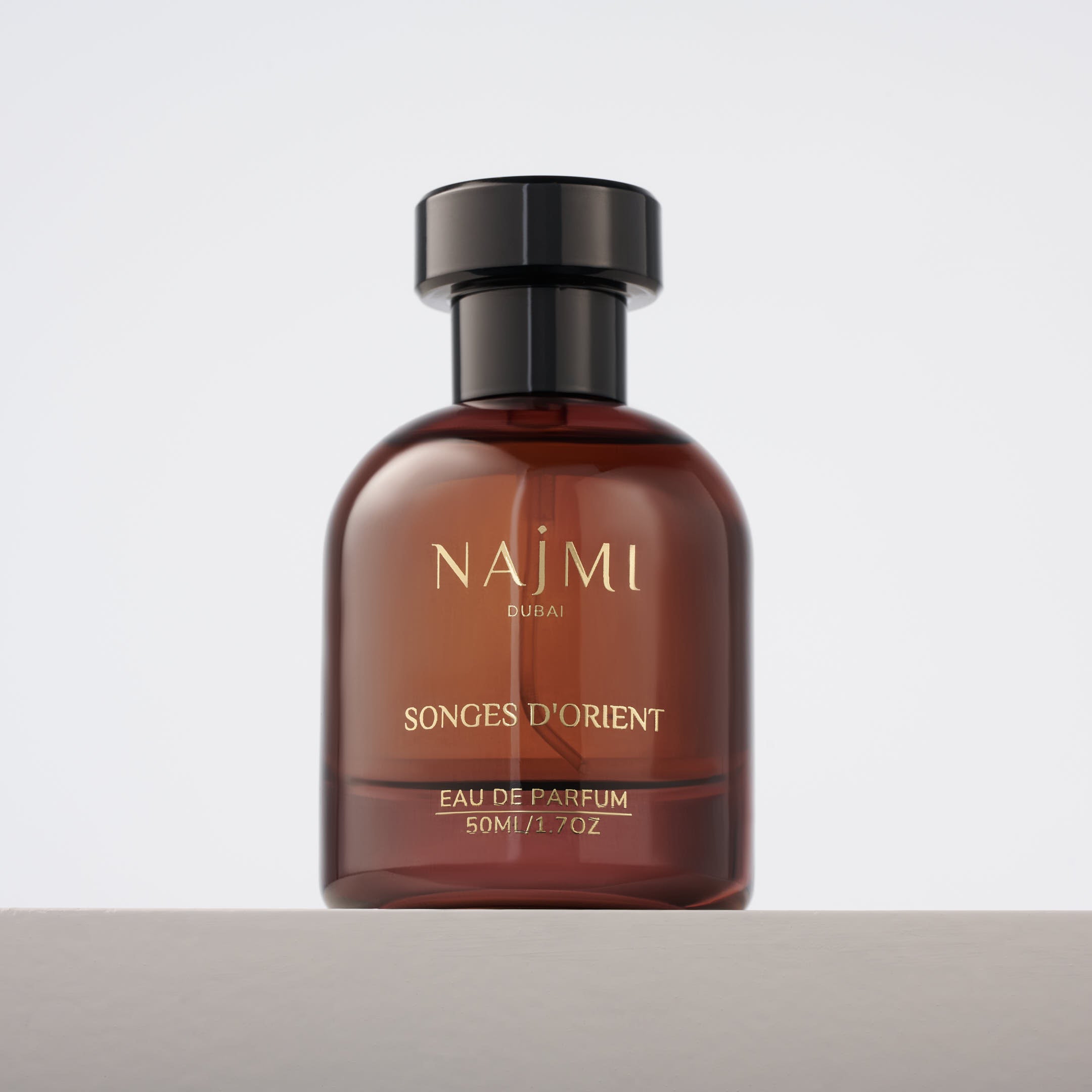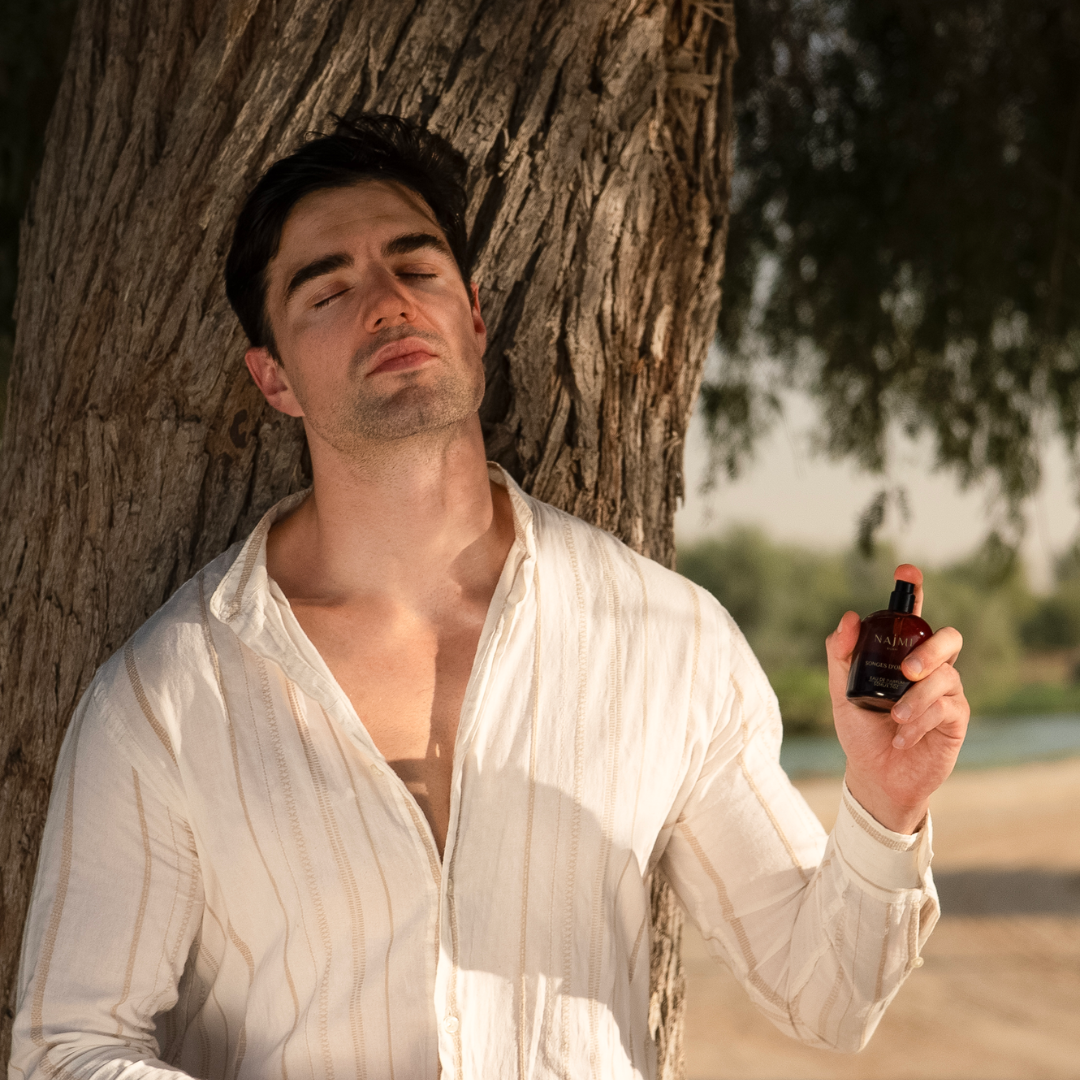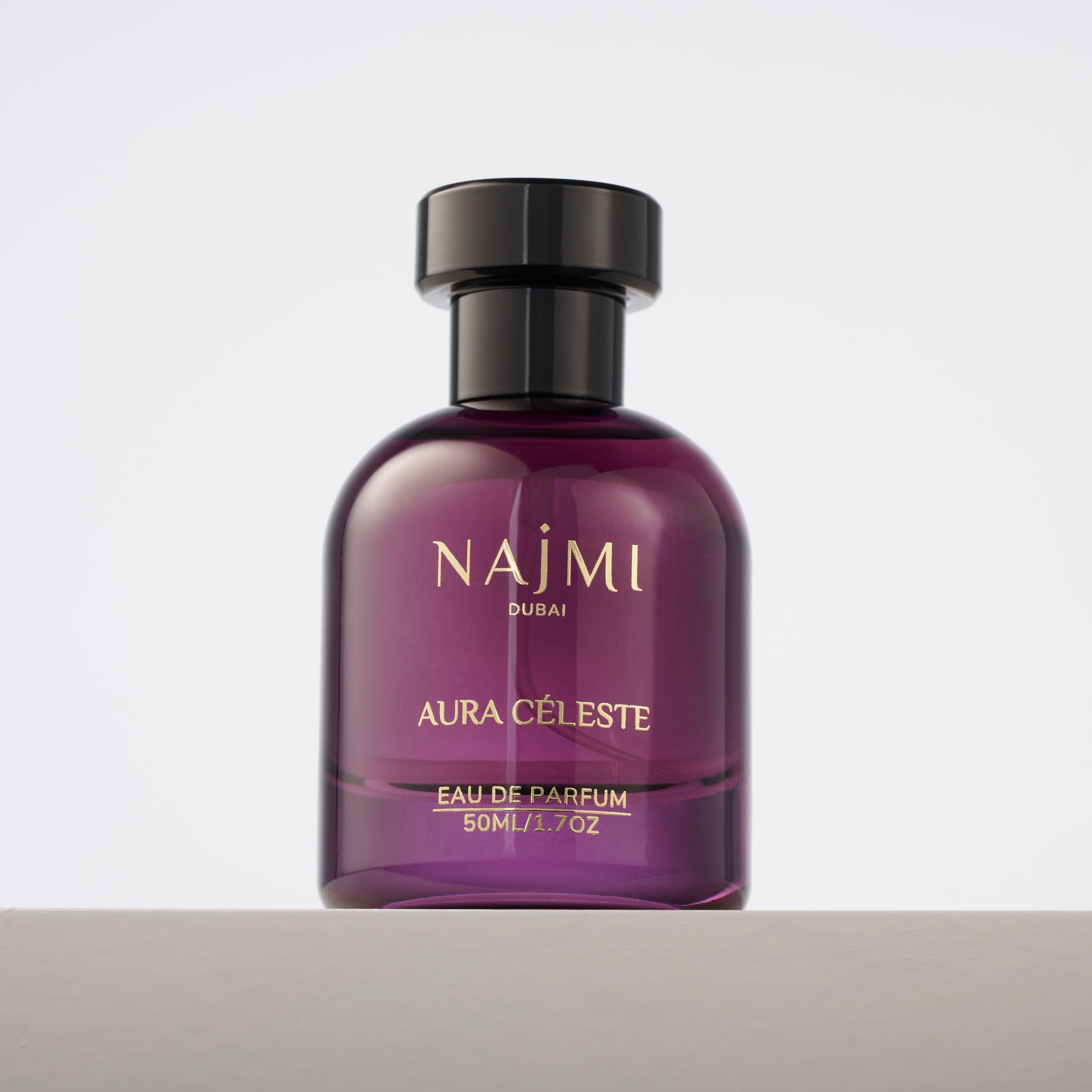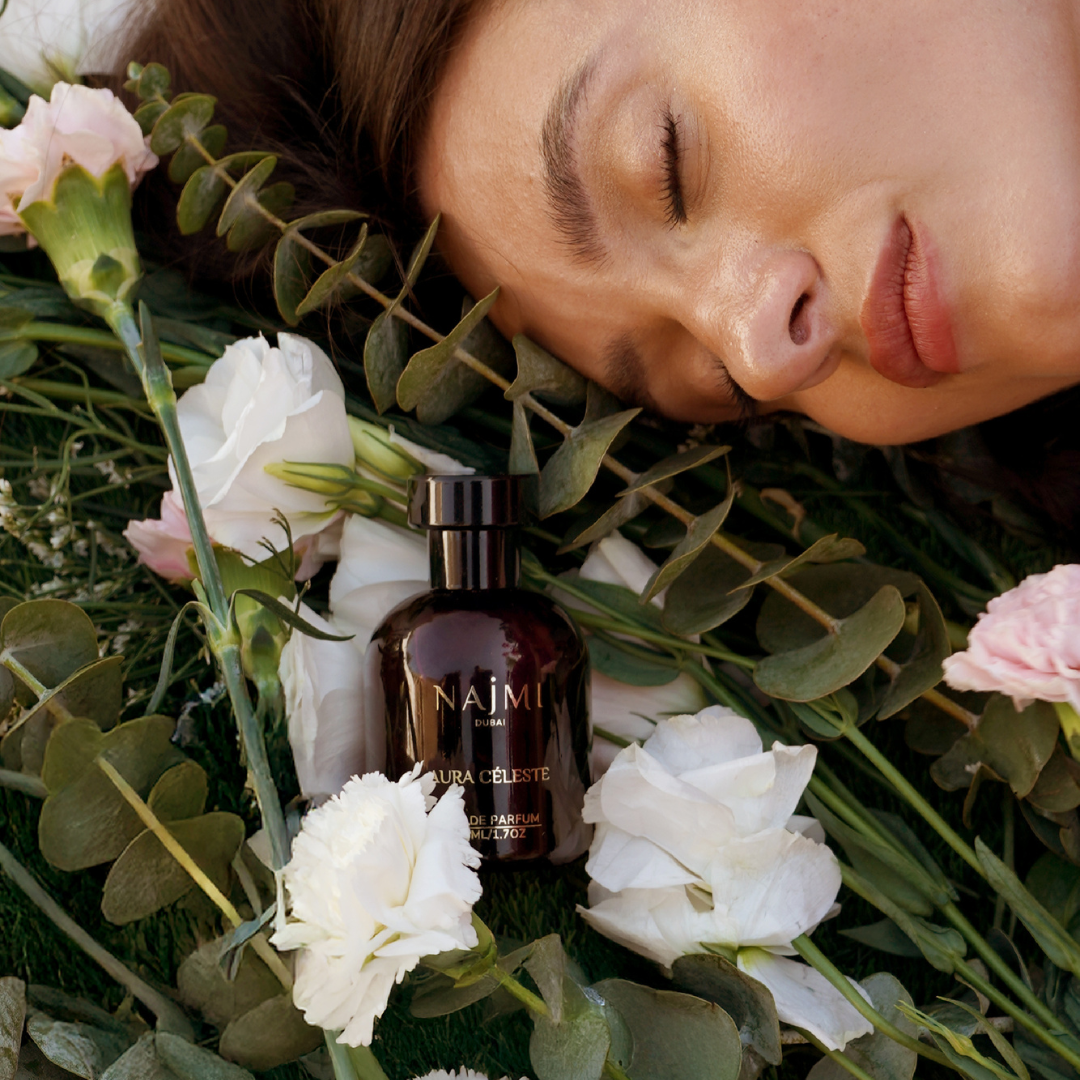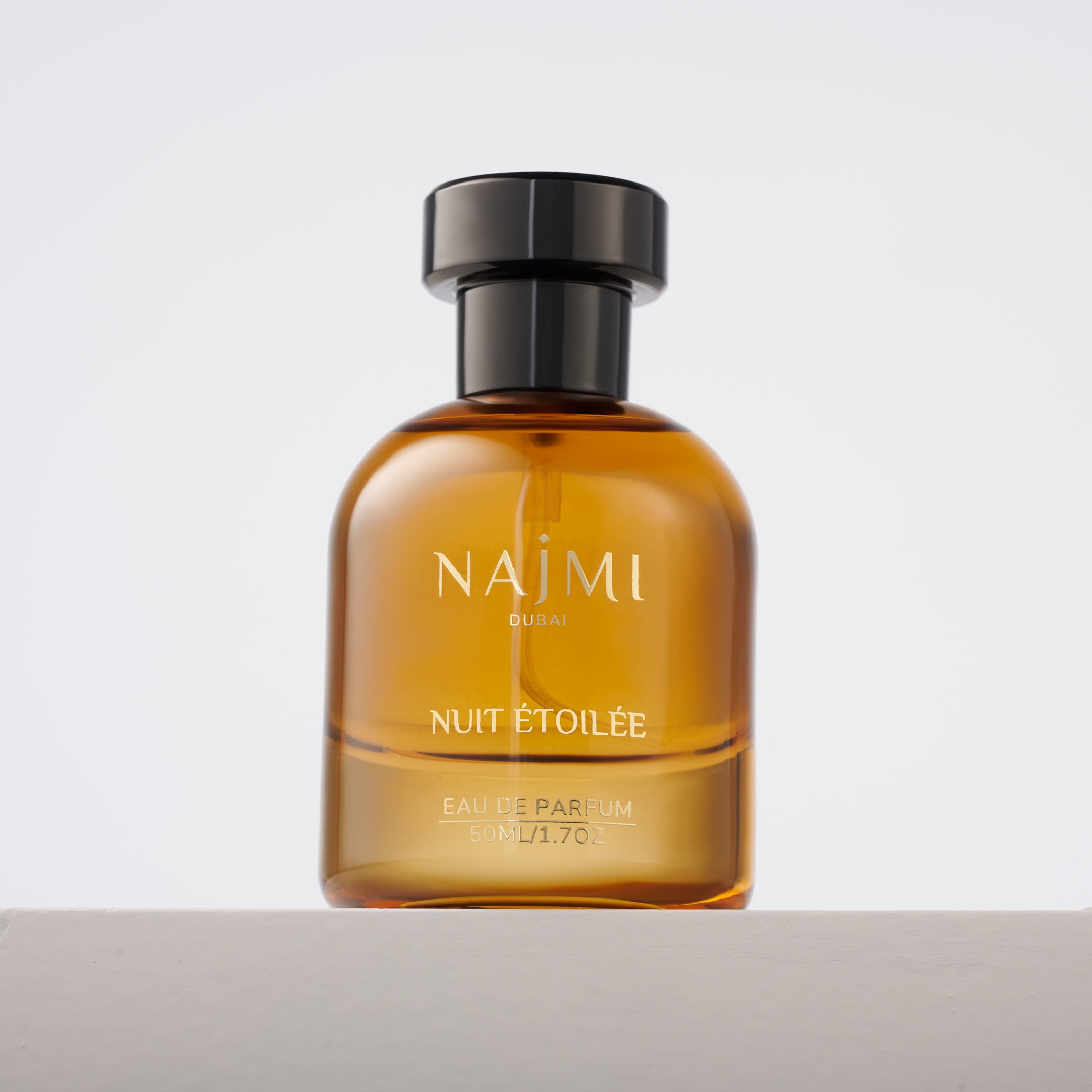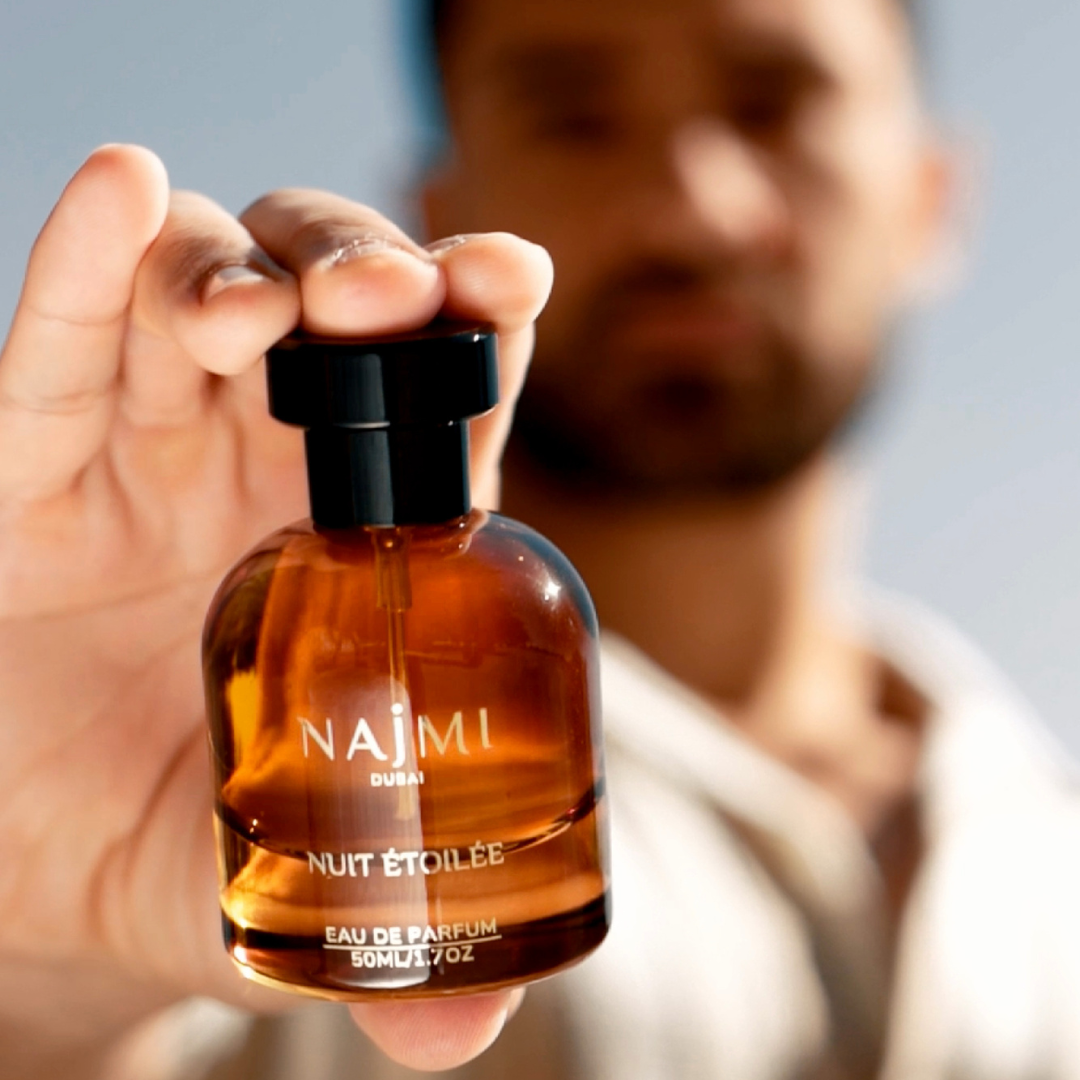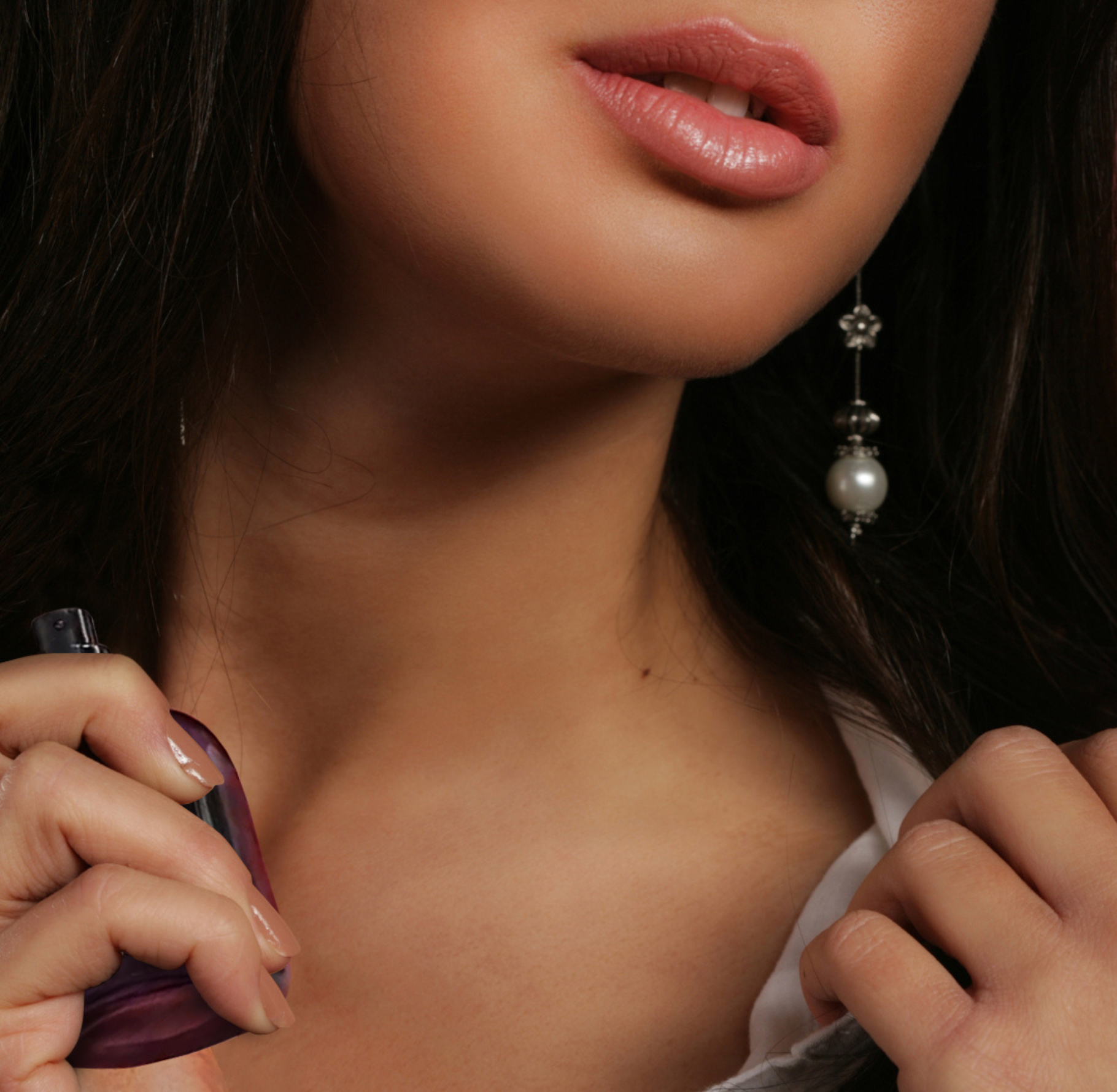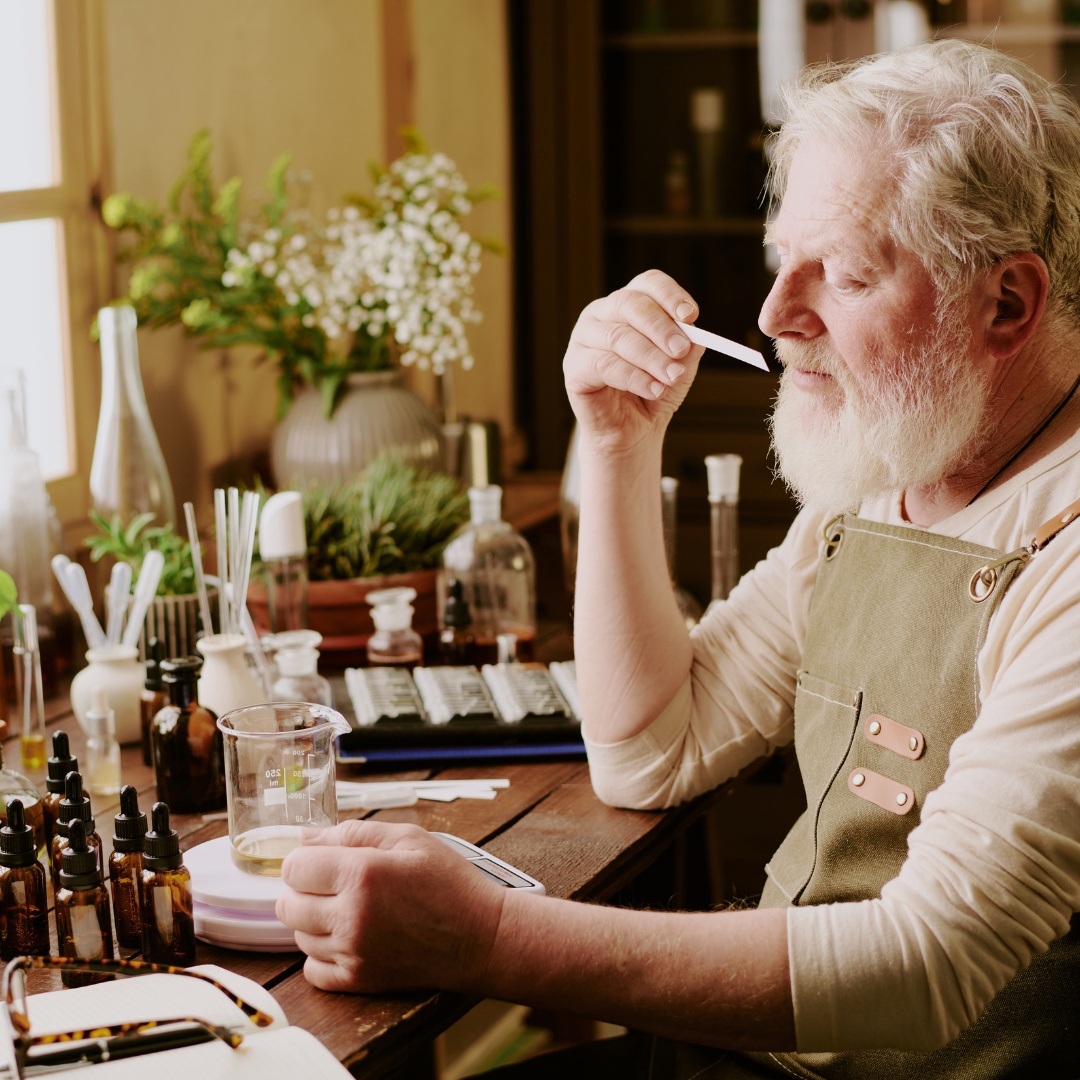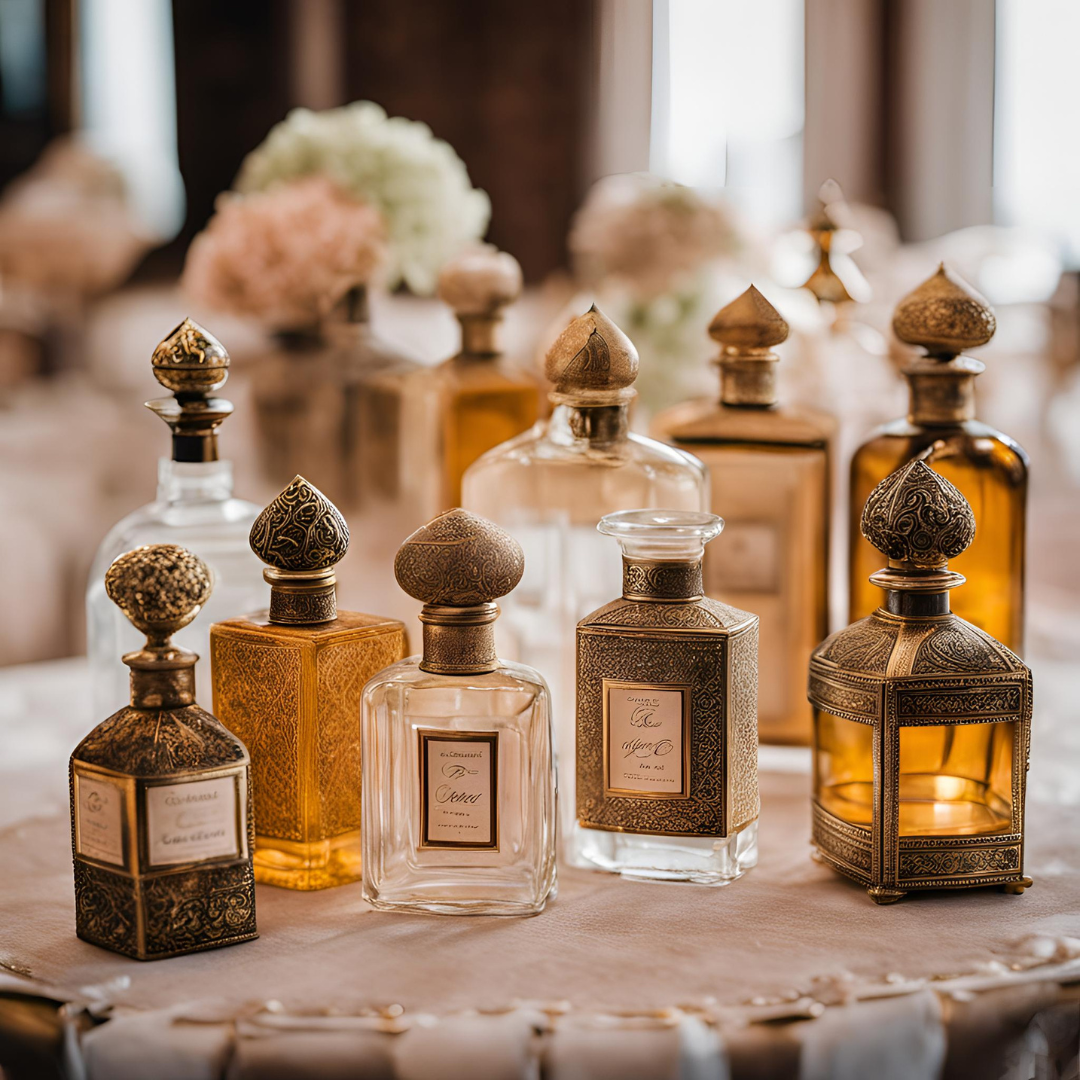
The Culture of Perfumes in Arabic Weddings: A Timeless Tradition of Scents and Celebration
In Arabic culture, perfumes hold a cherished place as symbols of beauty, luxury, and hospitality. Fragrance is not merely an accessory but a tradition that weaves through daily life, special occasions, and, most profoundly, weddings. At Arabic weddings, the ritual of fragrance reflects centuries of tradition and plays a central role in every aspect of the celebration, from the bride’s preparation to the final moments of the wedding day. Here, we explore the significance, rituals, and sensory experience that perfumes bring to Arabic weddings, where scent is an art form that transforms the atmosphere and enhances the joyous event.
1. The Historical and Cultural Significance of Perfume in Arabic Society
The use of perfume dates back thousands of years in the Middle East, where it was regarded as a gift of nature, revered for its ability to elevate the spirit, enhance beauty, and even heal. The Arabian Peninsula became one of the major centers for producing and trading perfume ingredients like frankincense, myrrh, and oud, the prized “liquid gold” distilled from agarwood. Over time, these scents became symbols of luxury, offered as gifts to kings, queens, and deities. Today, this tradition continues, and perfume plays a central role in Arabic life, representing elegance, devotion, and sensory pleasure, particularly during milestone events like weddings.
2. Fragrance as an Expression of Identity and Heritage
Arabic weddings are known for their opulence and attention to detail, where every aspect reflects the family’s heritage and the couple’s unique story. Scent, in particular, is an expression of identity, with traditional aromas—such as rose, sandalwood, amber, and oud—infused throughout the event. Each family may have its own preferred fragrance blend, crafted to evoke memories and mark the significance of the occasion.
The use of these traditional scents is often tied to the region or family customs. For example, some brides may opt for a scent that recalls their mother’s or grandmother’s wedding day, adding a layer of sentimentality and continuity. Each note and ingredient used in Arabic wedding perfumes holds deep significance, embodying beauty, warmth, strength, and prosperity—qualities celebrated and honored in marriage.
3. The Ritual of Perfumery in Bridal Preparation
In the days leading up to the wedding, the bride undergoes extensive preparations, many of which involve fragrant rituals. This preparation often takes place in a communal setting, with family members gathering around the bride to perform traditional beauty treatments. The “ghusl” ritual, a cleansing bath, is enhanced with scented oils and floral extracts, symbolizing purification and spiritual renewal.
One of the most cherished practices is applying a blend of oils and perfume to the bride’s skin, hair, and wedding dress. Oud oil, known for its rich and lasting scent, is often chosen for this occasion, and is gently massaged into the bride’s hair and wrists. The aim is for the bride to carry an aura of fragrance throughout the event, enchanting everyone she encounters. Other popular scents include jasmine, orange blossom, and musk, each selected for their complementary qualities that enhance the bride’s beauty and presence.
4. Fragrance and Incense During the Wedding Ceremony
During the wedding ceremony, incense plays an integral role, particularly in Gulf countries and other areas influenced by Bedouin traditions. Bukhoor, a type of incense made from wood chips soaked in fragrant oils, is burned to create a warm and welcoming atmosphere. Before entering the wedding venue, guests are often invited to pass their hands over the smoke from the bukhoor burner, symbolically cleansing themselves and preparing for the joyful occasion.
The fragrant smoke wafts through the wedding venue, creating a serene and festive environment that is at once luxurious and deeply symbolic. Oud, frankincense, and myrrh are the traditional choices for bukhoor, their deep, resinous scents filling the air as the families come together to celebrate.
5. Gifting Perfume: An Act of Hospitality and Generosity
In Arabic weddings, the giving of gifts is a key component of the event, with perfume often included as a meaningful gesture of hospitality and respect. Brides commonly receive gift sets of luxurious perfumes from family members, friends, and even the groom. These are not simply fragrances but rather special blends that signify love, care, and familial bonds.
In some cases, couples choose to create custom fragrance gifts for guests, reflecting the personal scent profile chosen for the wedding day. These can include miniature bottles of perfume or small bukhoor burners, allowing each guest to take home a piece of the wedding’s fragrance. This gesture embodies the generosity and warmth characteristic of Arabic culture, allowing guests to feel intimately connected to the celebration.
6. The Final Touch: Fragrance in Wedding Celebrations and Beyond
As the wedding celebration progresses into evening festivities, perfume remains ever-present. Often, family members and friends will bring additional bukhoor to burn throughout the event, keeping the atmosphere richly scented as guests dance, socialize, and celebrate. It’s customary for the bride to apply a final layer of perfume before the evening reception, ensuring that her fragrance endures through the night.
For many brides, the scent worn on their wedding day becomes a lasting memory. Perfume has a unique ability to evoke emotions and bring memories back to life, and for Arabic brides, the scent of oud, rose, amber, or frankincense will forever be associated with the joy and beauty of their wedding day. Some brides continue to wear their wedding scent on anniversaries or other special occasions, reconnecting them to the memories of that momentous day.
7. A Lasting Legacy of Fragrance
The culture of perfumes in Arabic weddings reflects a profound respect for tradition, family, and beauty. More than just a detail, fragrance is a powerful element that ties generations together and captures the spirit of an occasion as meaningful as marriage. Each element of scent, from the bride’s preparation to the gift of perfume to guests, expresses a commitment to heritage and the belief that fragrance is an enduring bond—a sensory reminder of love, joy, and connection.
In Arabic weddings, perfumes are more than a finishing touch; they are an essential part of the celebration that brings to life the richness of the culture and the timeless nature of love. For those who experience it, the scent of an Arabic wedding remains unforgettable, a reminder of a beautiful tradition and the beauty of life’s most cherished moments.
For couples looking to add a unique and luxurious touch to their special day, we offer tailored services to create or select the perfect fragrances for weddings. Our expertise in fine perfumery allows us to craft bespoke scents that capture the essence of your love story, or we can help you choose from our exclusive collection to find scents that enhance every moment of your celebration. From custom perfume gifts for guests to signature fragrances for the bride and groom, our perfumes bring elegance and unforgettable charm to your wedding experience. Please contact us to learn more.
DISCOVER
عطورنا

